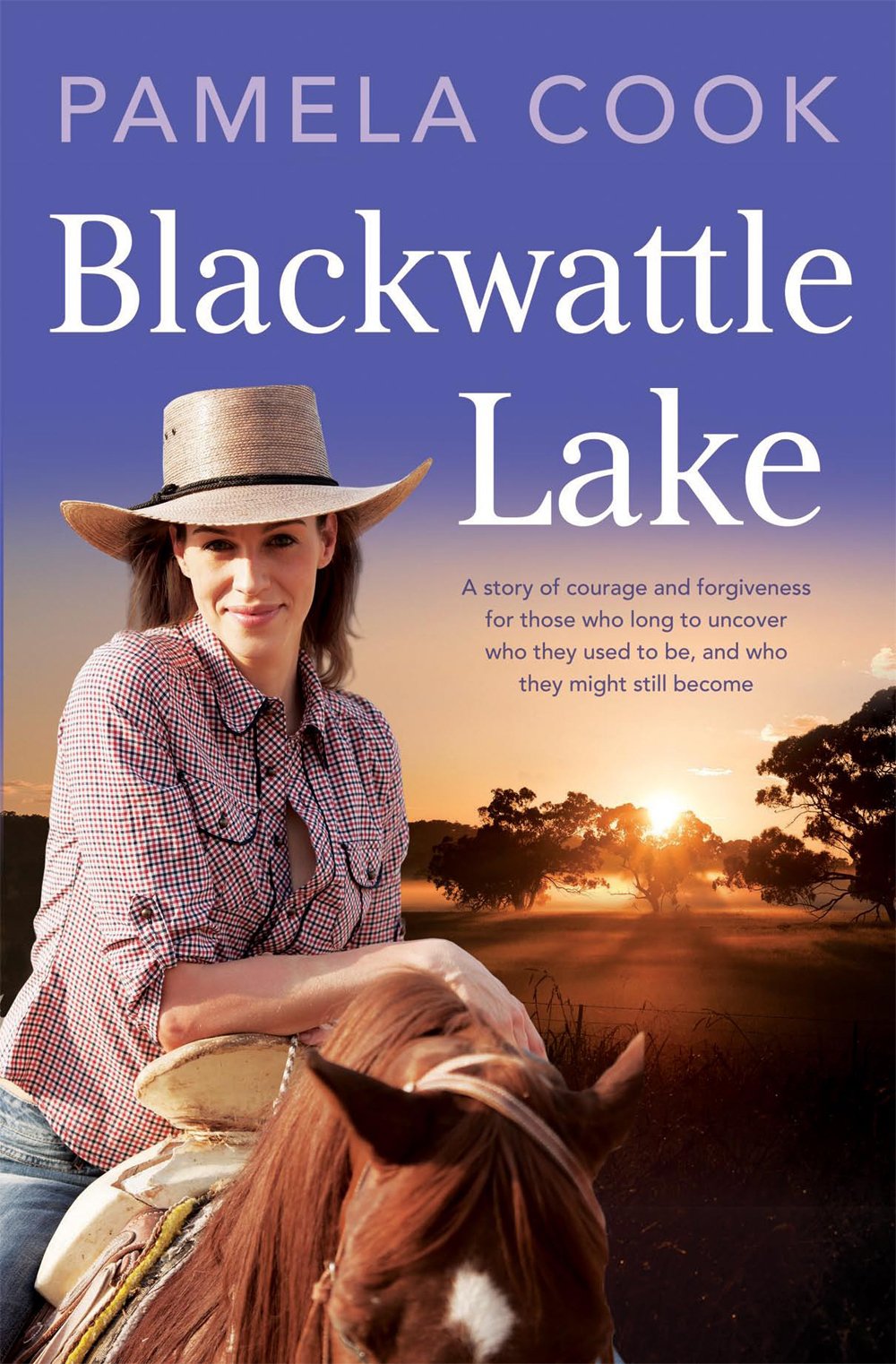Lessons I've Learnt about Writing Fiction: #1 Creating A Strong Heroine
One of the things I’ve learnt writing Blackwattle Lake (my first published novel, available late November) is the value of having a strong protagonist. As I write Women’s Fiction I’ll stick to using female examples for the purposes of this discussion. Many of the heroines we remember from the classics have strong personalities – Elizabeth Bennett, Scarlett O’Hara, Scout Finch, Jayne Eyre, Clarissa Dalloway. All of these women know their own minds and make their own decisions, often railing against the norms of the society they live in.Many modern day heroines are the same – Lisbeth Salander in The Girl With The Dragon Tattoo (Stieg Larsson), Skeeter in The Help (Kathryn Stockett), Hannah Heath in People of The Book (Geraldine Brooks) and Kate Grenville’s Sarah Thornhill in the novel of the same name. Each of these women stand up for themselves and what they believe in, tackling the obstacles they come up against with courage and determination.Of course that’s not to say that every female protagonist has to be Wonder Woman. Readers aren’t interested in “perfect”. In fact we readers want the opposite – characters who have flaws but battle on regardless and in some way manage to overcome the obstacles they face despite their imperfections. Elizabeth Bennett had her own degree of pride – and prejudice – which she had to grapple with before she could see that Mr Darcy was in fact the man for her. Dear old Scarlett was certainly not always likeable with her preening and manipulating and scheming. And Lisbeth definitely doesn’t operate according to a strong moral compass.
But the point is we don’t have to “like” everything about a character. If they’re too sugary-sweet many readers will be turned off. What we do want to see is a heroine who is able to stand on her own two feet, challenge injustice, be self reliant but also vulnerable at times and able to change as a result of her experiences. And this is the crunch: the reader wants to see the heroine grow from the beginning to the end of the story. Whether she faces her past (as my protagonist Eve does in Blackwattle Lake), takes on the “baddies” and wins or opens her heart to love, it’s the development of the heroine’s character that draws the reader in and keeps them turning the pages.
 Eve’s character came to me fully formed. There she was standing at the gates in front of the house she grew up in and I already knew who she was, how she thought and that she was fighting some demons. I didn’t know exactly what those demons were for a while but they emerged as I continued to write. Eve certainly isn’t “sweet”. In fact she can be straight out brash at times but at her core there’s a decent human being who has had to deal with some pretty serious stuff. Like all of has, she has “issues” and it’s the unravelling of these problems that creates the plot.Starting with a character and developing the story based on her experiences is, for me, the best way to write. Her present experiences form the plot and her past is the back-story that lets the reader see how and why she has become the person she is today. The relationships she has with other characters and the obstacles she has to overcome to “find” or move closer to her true self create the conflict of the novel.Not everyone’s going to love Eve, just as not everyone loves Scarlett or Lizzy or any other heroine – that’s why there’s millions of books out there to suit every taste. But for me a novel is only as strong as it’s protagonist.Who are your favourite heroines?How do you go about creating your protagonists?
Eve’s character came to me fully formed. There she was standing at the gates in front of the house she grew up in and I already knew who she was, how she thought and that she was fighting some demons. I didn’t know exactly what those demons were for a while but they emerged as I continued to write. Eve certainly isn’t “sweet”. In fact she can be straight out brash at times but at her core there’s a decent human being who has had to deal with some pretty serious stuff. Like all of has, she has “issues” and it’s the unravelling of these problems that creates the plot.Starting with a character and developing the story based on her experiences is, for me, the best way to write. Her present experiences form the plot and her past is the back-story that lets the reader see how and why she has become the person she is today. The relationships she has with other characters and the obstacles she has to overcome to “find” or move closer to her true self create the conflict of the novel.Not everyone’s going to love Eve, just as not everyone loves Scarlett or Lizzy or any other heroine – that’s why there’s millions of books out there to suit every taste. But for me a novel is only as strong as it’s protagonist.Who are your favourite heroines?How do you go about creating your protagonists?
